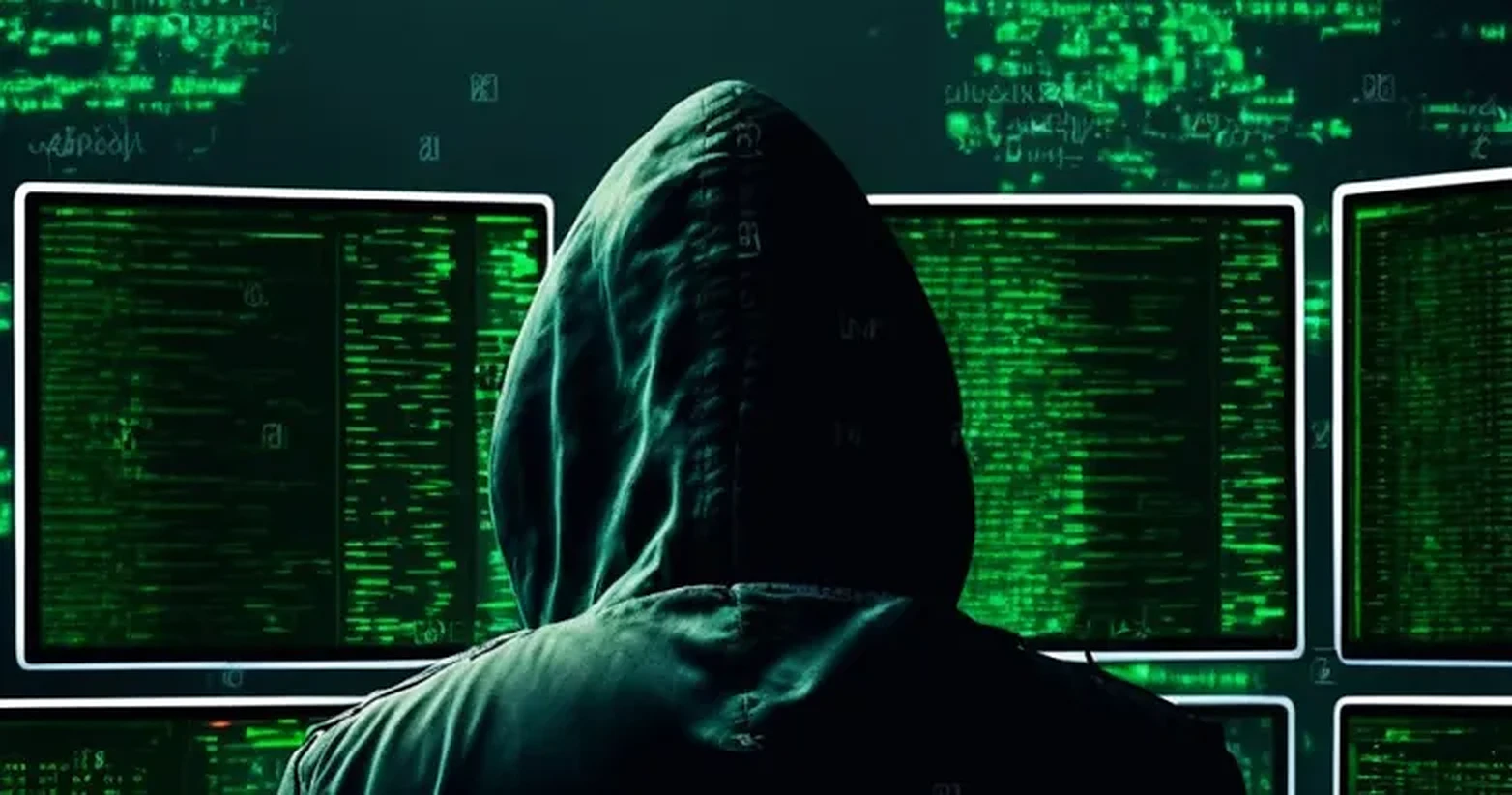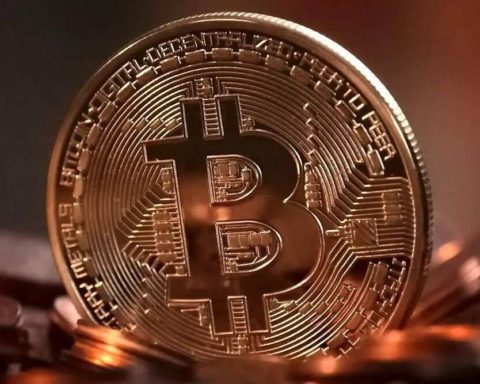The United States Supreme Court has declined to hear a case involving the ownership of 69,370 Bitcoin, valued at $4.38 billion, which the US government seized from the dark web marketplace Silk Road.
The request for review was made by Battle Born Investments, a company that claimed it had purchased the rights to the seized Bitcoin through a bankruptcy estate.
The Supreme Court’s decision not to take on the case may pave the way for the US government to sell the Bitcoin.
Battle Born had previously lost its case in both a district court in 2022 and an appeals court in 2023, failing to convince the courts that it had acquired the Bitcoin through a bankruptcy claim following Silk Road’s shutdown in 2013.
A San Francisco appellate court judge dismissed the case, ruling that the company did not have a valid claim to the Bitcoin.
The Supreme Court only accepts about 100 to 150 of the more than 7,000 cases it is asked to review each year.
With the Court’s refusal to review the case, the US government’s civil forfeiture action is more likely to succeed, allowing the sale of the Bitcoin.
On July 29, the US government moved approximately $2 billion worth of Silk Road-linked Bitcoin, with the Marshals Service using Coinbase Prime to hold the seized assets.
Governments selling large amounts of Bitcoin in the past have caused significant market volatility.
For example, when the German government sold almost 50,000 Bitcoin, worth over $3.15 billion, in June and July, the market experienced considerable fluctuations.
It’s unclear what the US plans to do with the seized Bitcoin.
Republican presidential candidate Donald Trump has pledged to build a “strategic Bitcoin stockpile” if he wins the election, while Democrat candidate Kamala Harris has not made any public statements regarding cryptocurrency policy.
Silk Road was founded in 2011 by Ross Ulbricht, who is currently serving a life sentence for money laundering, narcotics distribution, and other charges.
Trump has promised to release Ulbricht from prison if he wins the presidency.




